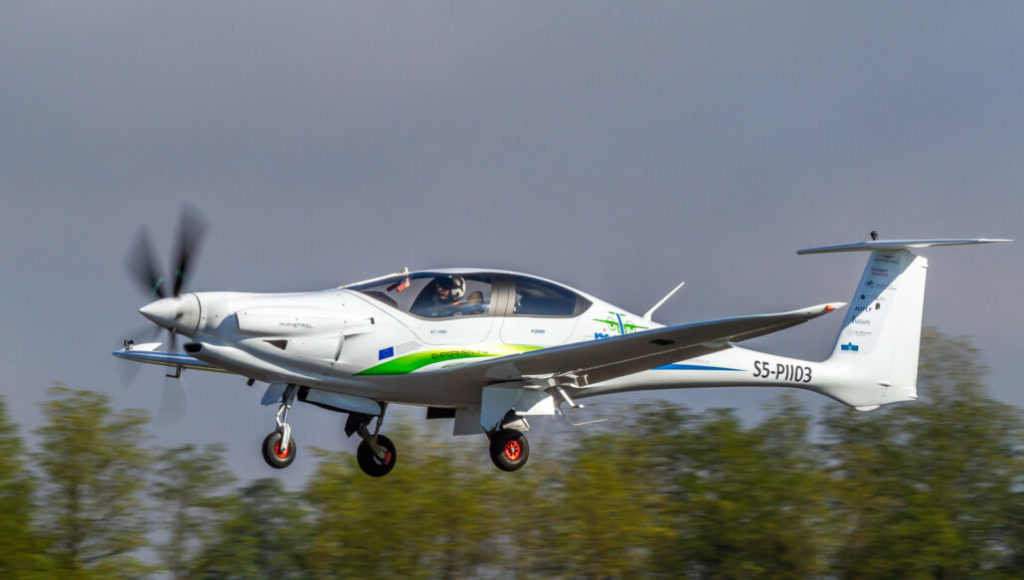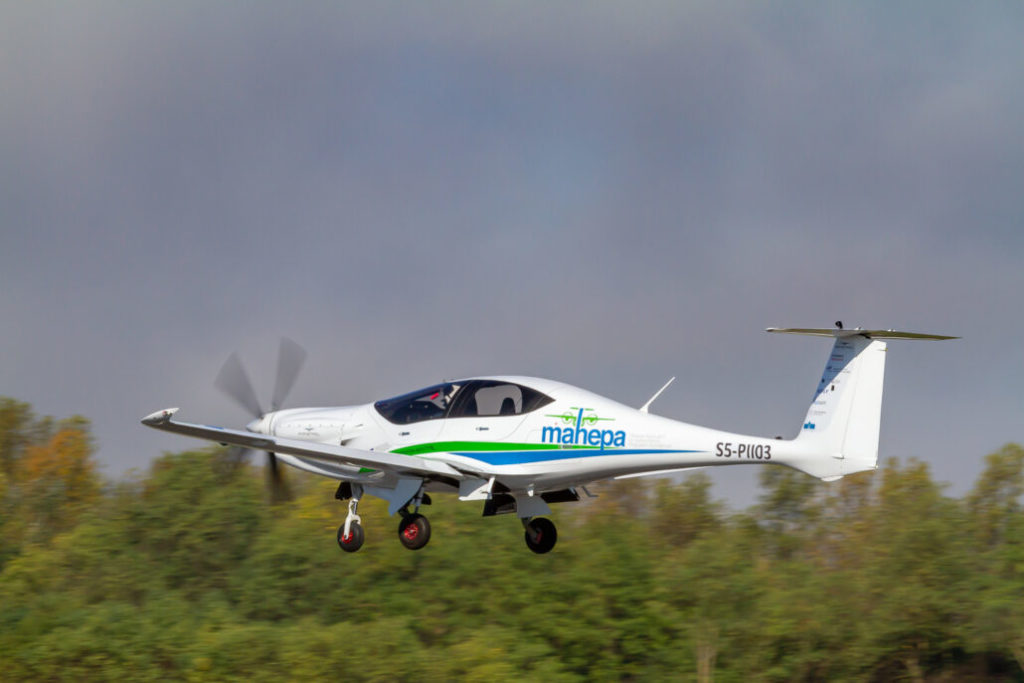Estimated reading time 2 minutes, 58 seconds.
Pipistrel, the manufacturer of the four-seat Panthera aircraft, has announced that the hybrid-electric variant of the Panthera has completed its first flight test campaign.

As part of the Modular Approach to Hybrid-Electric Propulsion Architecture (MAHEPA) project — where eight European partners, under the leadership of Pipistrel Vertical Solutions, joined their knowledge and expertise to revolutionize aviation — an SAF-capable, hybrid-electric powertrain was developed and integrated into the Panthera aircraft. The hybrid-electric variant took off from Cerklje airport, Slovenia, in mid-October, “successfully demonstrating the possibility of local zero-emission flights by performing all-electric take-offs,” Pipistrel said.
“Expectations set by prior ground-tests were only confirmed by the powerful, yet quiet performance of the MAHEPA Panthera, which has all the characteristics to become a flying test-bed for future developments in hybrid aviation.”
The MAHEPA hybrid-electric Panthera has a top cruise speed of 177 knots and a range of 350 nautical miles, with a maximum takeoff weight of 1,315 kg (2,900 pounds).

The main outcome of the MAHEPA project was modular, scalable hybrid-electric powertrains that are capable of running on alternative fuels or hydrogen with zero emissions. With the success of the hybrid-electric Panthera flight test campaign, MAHEPA said the potential is there for zero-emission long-range flights, and serial production of more sustainable aircraft.
The MAHEPA consortium was formed in 2017, composed by Pipistrel Vertical Solutions, Compact Dynamics, DLR, H2Fly, Politecnico di Milano, TU Delft, University of Maribor, and University of Ulm. The main goal of the project is to develop hybrid-electric technologies that will “serve the next generation of greener aircraft.”








